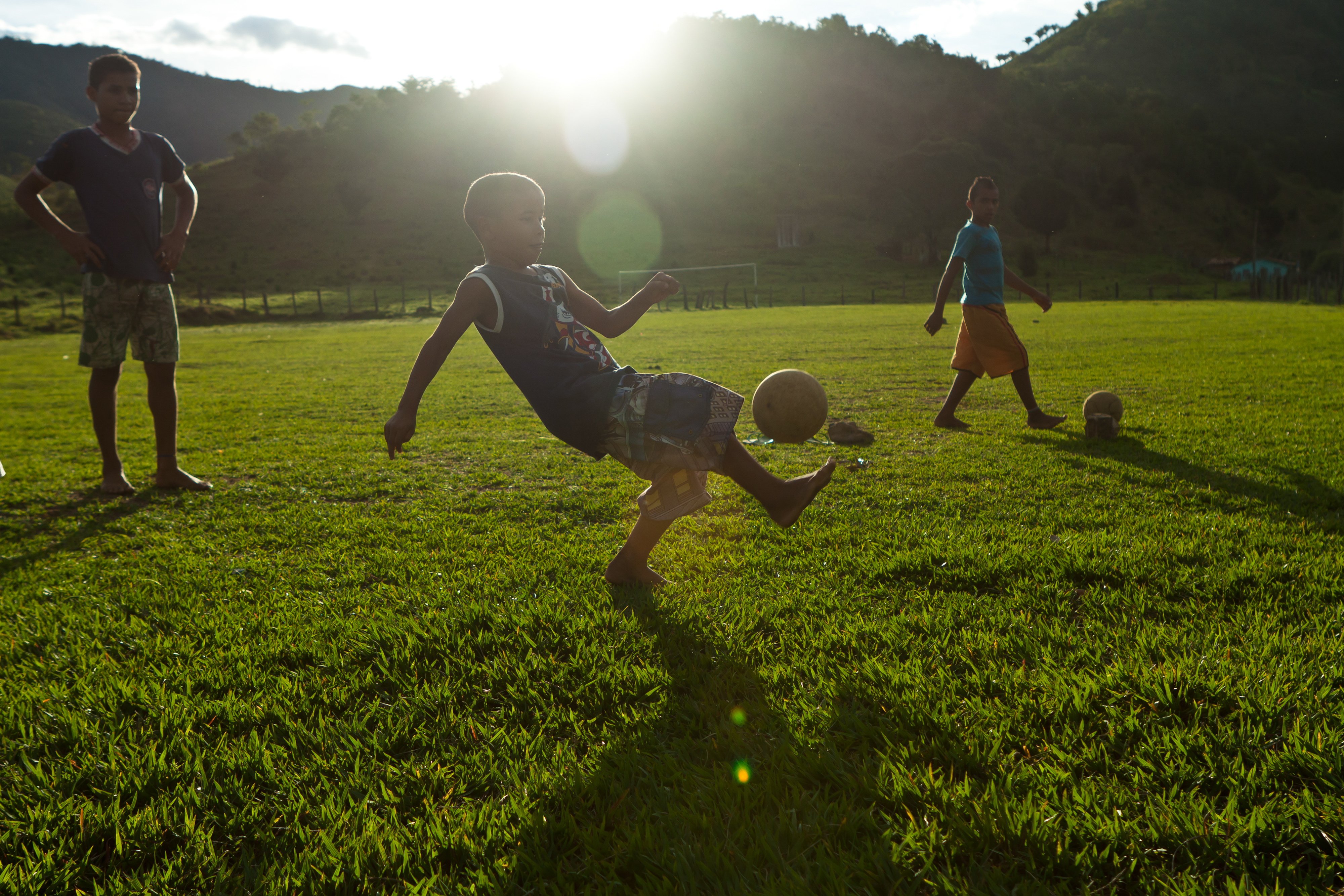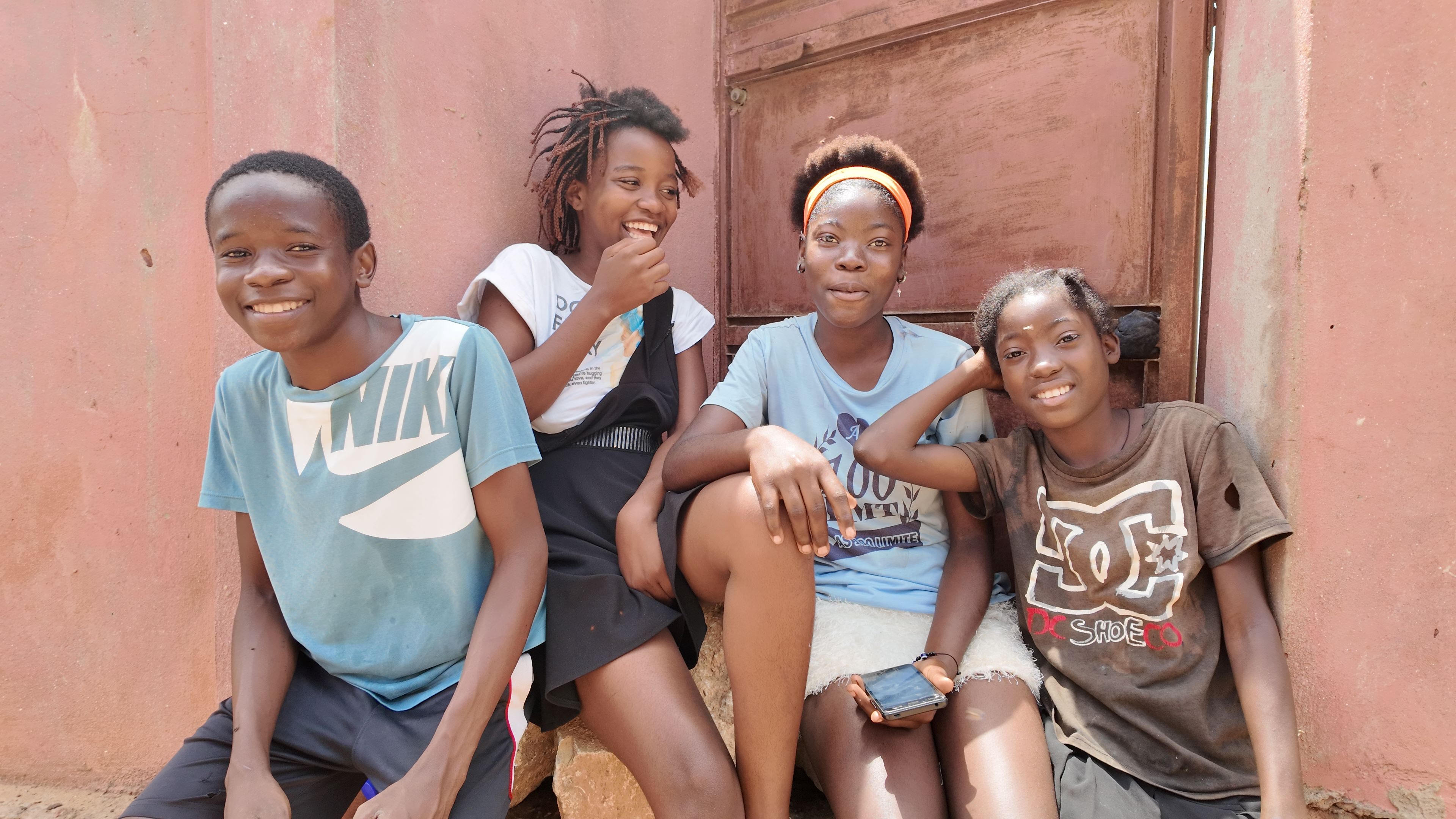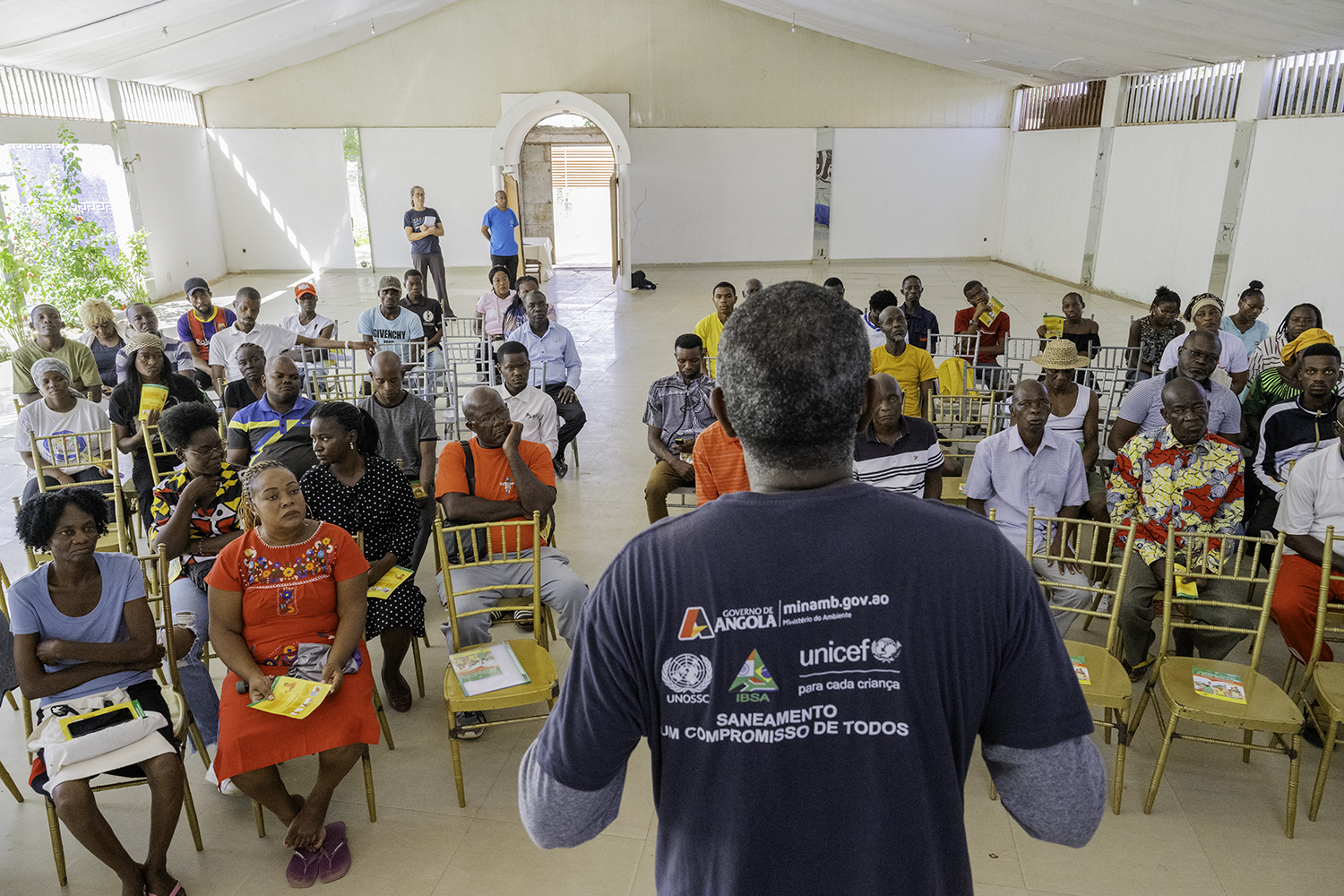In 2019, UNICEF facilitated a successful technical knowledge exchange on Public Finance for Children between the governments of Argentina and Brazil.
A technical mission from Argentina to Brazil took place within the scope of the Trilateral South-South Cooperation programme of the Government of Brazil and UNICEF and included representatives from the Argentinian Ministry of Finance, the UNICEF Argentina country office and the Argentinian Embassy in Brasilia.
As stated by the UN Committee on the Rights of the Child General Comment No. 19 on Public Budgeting for the Realization of Children's Rights, "implementing children's rights" means that State parties are obliged to mobilize, allocate and spend public resources to address this commitment.
Latin America and the Caribbean is a pioneer region in the development of public investment analysis for the fulfillment of children's rights. With over 10 years of experience, Argentina stands out as a leading example of a country that has successively improved its design and application of methodologies for public budgeting and investments in children, with a high level of rigor and quality in terms of analysis of the results that such investments bring in terms of child-rights oriented public policies, presented in periodic reports of the Argentinian Government.
Over the recent years, Brazil has accumulated experience in public budgeting for children, both within the Government and among civil society, and participated in knowledge exchange missions between the two countries in 2017 and 2019 supported by UNICEF.
The Brazilian Government has been improving its mechanisms to monitor and analyze public investments for children at both national and sub-national levels, with support from UNICEF. Brazil also dedicated efforts to improve the way by which it evaluates its public policies, and the Ministry of Economy sought technical support from UNICEF, including through knowledge exchanges with other countries.
In this context, the mission to Brazil in 2019 aimed to promote mutual learning and exchanges of good practices on public budgeting and investments for children, evaluation of public policies, and budget transparency, with the overall objective to accelerate these agendas in both countries.
This technical exchange served as an important opportunity to deepen the knowledge of the Argentinian experience among the Brazilian stakeholders as well as to discuss initiatives that have recently taken shape in Brazil. Moreover, Brazil could learn valuable lessons from Argentina and share its important lessons, especially around Brazil's progress in accountability and budgetary transparency initiatives, being ranked as the seventh most transparent country, as compared to the remaining 101 countries assessed in the 2017 Open Budget Survey of the International Budget Partnership (IBP).
The mission counted on bilateral meetings and institutional visits within the Brazilian Executive and Legislative branches, including the Ministry of Economy, the Ministry of Citizenship and the National Congress, and civil society partners. On the last day, the Brazilian National Institute for Applied Economic Research (IPEA), current partner of UNICEF Brazil Country office on PF4C, hosted a multisectoral technical workshop.
The exchange between Argentina and Brazil was timely. It provided an opportunity to exchange good practices and align methodologies between two of the most child-populous countries in the region and it promoted dialogue and exchange among key Brazilian stakeholders.
South-South Cooperation experiences like this promote mutual understanding among countries around the importance of investing in children and help increase governmental actions for child rights.
As emphasized by Mrs Lenita Maria Turchi, Director of Social Studies and Policies at IPEA, "only by working together can we advance on this important agenda".


